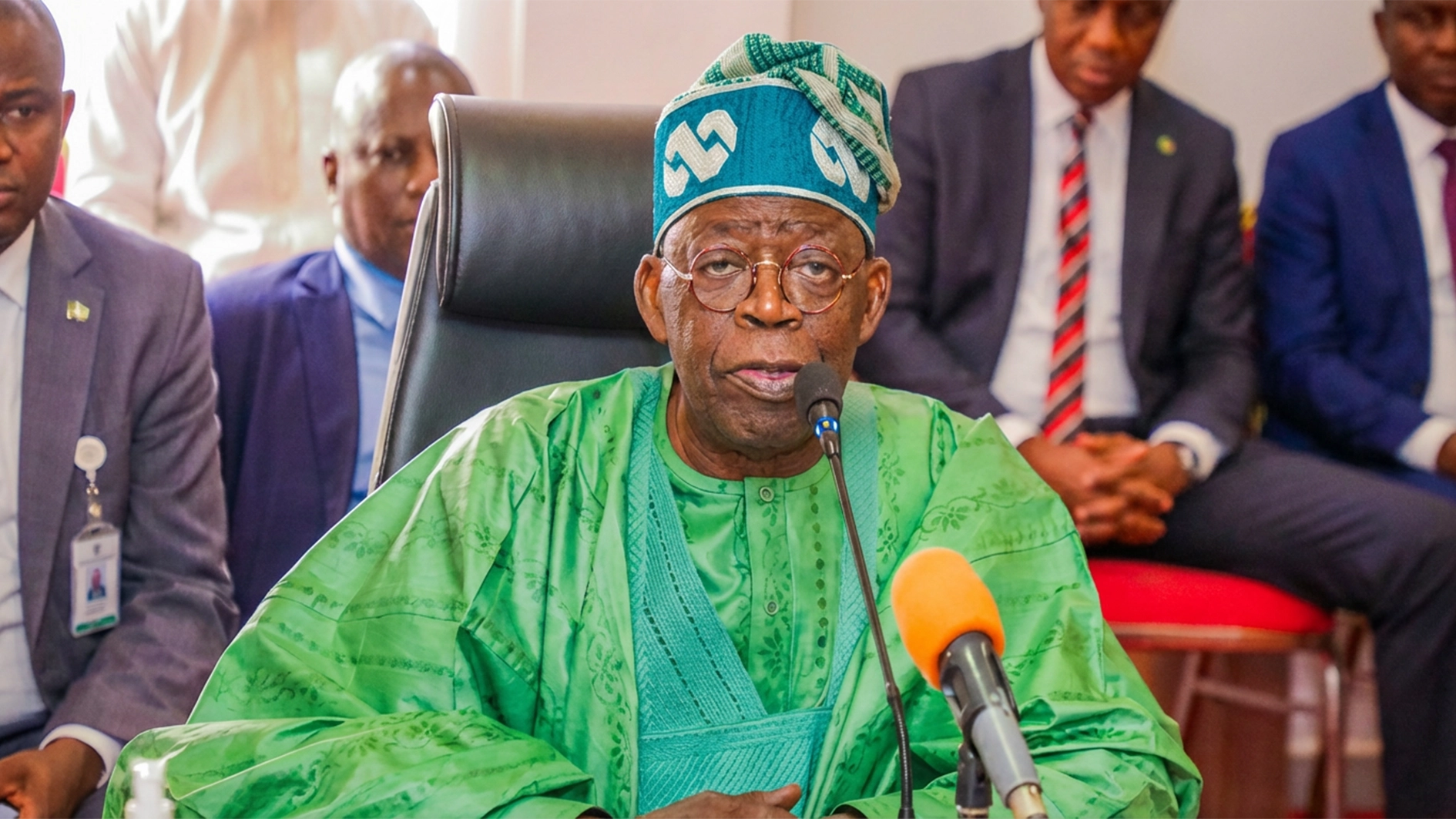The Nigerian government and people have been challenged to learn from the People’s Republic of China on economic transformation and lifting its huge population out of abject poverty.
Former Governor of Abia State, Dr Okezie Ikpeazu, issued the challenge on Thursday while unveiling a book written by journalist John Azu, titled “Contemporary Legal Cooperation: China and Africa – A Comparative Survey of Legal Systems.”
Ikpeazu said the Chinese know almost every inch of Nigeria because of their business interests in the country, but Nigeria knows little about China, especially regarding the remarkable progress coming from that country, its strong Gross Domestic Product (GDP), and efforts toward eradicating poverty.
He said: “But the place to start, if you want to be like them, is to study them, and I think this book fills a gap. Writing a book on legal issues and comparing China and Nigeria was targeted at encouraging people to understand your environment even as you invest. It will benefit both countries, Chinese coming to Nigeria and Nigerians going to China to do business.
“Even at the level of government-to-government, at the level of sub-national government-to-sub-national government or territories, there is a need for everybody to have a proper understanding.”
The former Abia State governor said he was shocked to discover, during a meeting he attended in China while serving as a governor, how the country was able to turn its population of more than one billion people into skills and values “making waves all over the world.”
“So, our population is an asset rather than something that should make us worry, but we must be careful about whatever strategy we want to develop in moving our country from point A to point B. Nigeria seems to be in love with the finished product, but how did that first product get to that point? That is the problem, and I think we have a lot to learn from China.
“So, the book is apt and timely because we need to understand the legal framework in these two settings, Nigeria and China. If you want to do business in China, you must have an idea of what it takes to do business there,” he said.
The author of the six-chapter book, Azu, who has been reporting on the judiciary for over 13 years, said he was motivated to write the book after being nominated by the Chinese Embassy to participate in conferences organised by China on cooperation with African lawyers.
He said: “In those conferences, there were lawyers from South Africa, Tanzania, Ghana, and Kenya, but I didn’t see Nigerian lawyers. So, I asked, and they said it was the reason I was invited and that subsequently, Nigerian lawyers would be invited as some of the training revolves around normal issues like legal practice, copyright infringement, labour rights, land disputes, and contractual matters.
“So I don’t see why Nigerians cannot leverage that opportunity to also learn and understand the judicial and legal practice in other climes, especially in the context of the Asian system.
“That was the reason I decided to put it in a book and draw the attention of Nigerian lawyers to China’s huge investments in Nigeria and their position in the country compared to Europe and America.”
A Research Fellow at the Institute for Peace and Conflict Resolution, Abuja, Dr. Olalekan Babatunde, who reviewed the book, said it was relevant to the growing strategic partnership between Africa and China. He recommended it for everyone, including Africans and Chinese involved in transcontinental diplomatic and business relations.
“I highly recommend it to those crafting African business contract agreements, trading, and transacting business across Africa and China. They should be guided about the nuances in both legal systems,” Babatunde said.





